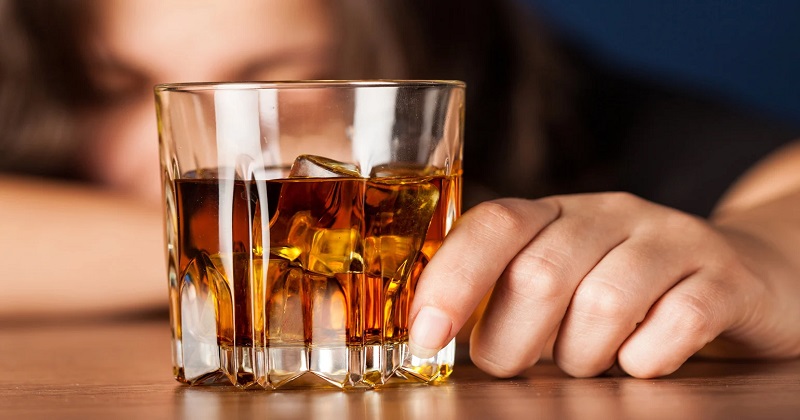
Alcohol in moderation, such as red wine, is thought to be helpful to heart health. However, there are situations when people fail to distinguish between moderate and binge drinking, and as a result, they become alcoholics. Alcohol use disorder, often known as alcoholism, is a condition in which one becomes used to binge drinking practices such as:
- Being preoccupied with alcohol
- Drinking even when it causes problems
- Difficulty in controlling alcohol intake
- Drinking more and more overtime to get the same effect
- Struggling with withdrawal symptoms upon quitting
What is an excessive amount of alcohol?
Excessive alcohol consumption is a habit that endangers one’s health in a variety of ways, from rising blood pressure to boosting cholesterol to harming the liver and hurting the kidneys. Binge drinking differs between men and women, according to the Mayo Clinic:
- When a male consumes over five drinks in a two-hour period
- When a female gulps over four drinks in a two-hour period
Alcohol use disorder is known to induce mild to moderate to severe symptoms – but, the moderate and above symptoms can be just as burdensome and, if left untreated, can lead to major health concerns. As a result, prompt identification and treatment are critical.
Symptoms of (AUD)Alcohol use disorder?
While combating alcoholism, an individual is likely to experience periods of alcohol intoxication and withdrawal symptoms from time to time. However, there are several indicators to look out for in order to be diagnosed with an alcohol use problem. Among these are:

- Inability to restrict alcohol consumption
- Having a strong desire to consume alcohol on a frequent basis
- Spending excessive time drinking and recuperating from the effects of alcohol
- Drinking despite being aware of the negative effects drinking has on physical, mental, and emotional health, as well as social and interpersonal connections
- Unsuccessful attempts to abstain from alcohol
- Being unable to operate correctly or engaging in hobbies
- Wanting to drink even when it is dangerous to do so, such as when driving
- Developing tolerance for alcohol, resulting in a desire to drink more for a strong impact
- Inability to stop drinking alcohol despite its harmful impacts on school, career, and family life
- When attempting to quit drinking, you may experience sweating, shaking, and nausea — these are withdrawal symptoms.
If you or someone you know is experiencing these symptoms, it is best to consult a doctor and begin alcoholism treatment as soon as possible.

Post Your Comments